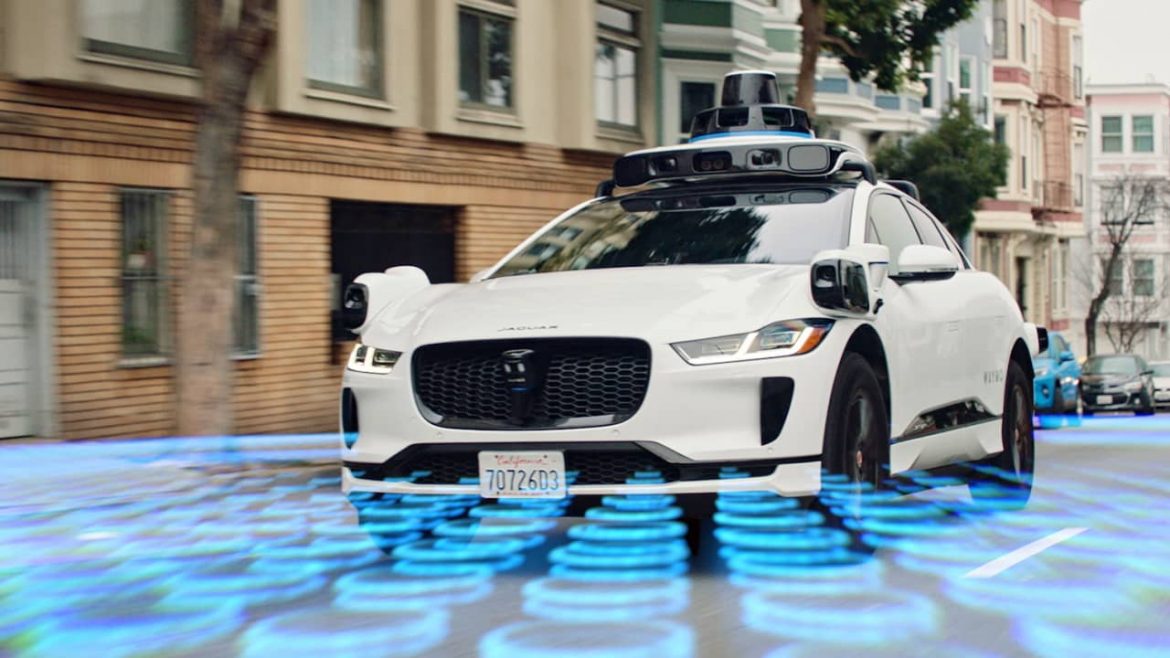Alphabet Inc’s autonomous driving unit Waymo has applied to the California Public Utilities Commission (CPUC) to expand its driverless operations to Los Angeles. Once the authorities issue a license, the self-driving vehicle company, which operates extensively in San Francisco, will be able to fully operate its fleet in Los Angeles – California’s largest city. It is currently testing rides in the city, allowing new rides only by invitation.
Waymo posted on its social media handle that it would work with Los Angeles policymakers, first responders and community organizations to launch its ride-hailing service to make sure it is safe. The company would begin testing its fully autonomous passenger cars without a human driver on freeways in Phoenix and Arizona starting this month. It currently offers rides in the metropolitan area of these regions. The company also expand its operations to Austin, Texas.
The new developments comes as a big achievement for the autonomous vehicle unit after it last year pushed back its efforts to develop a commercial autonomous trucking technology in the aftermath of autonomous driving software coming under strong regulatory scrutiny.
Recently, General Motors’ Cruise driverless car unit paused all its supervised and manual car trips in the US last year after an accident involving a pedestrian. It faces a CPUC order instructing it to appear at a February 6 court hearing for misleading authorities. It allegedly omitted information on the extent and seriousness of the accident and “mislead public comments” on interactions with the agency. Cruise has offered to pay USD 75,000 to resolve an investigation.
Amid increasing scrutiny from public and regulators, Cruise’s new president Mo Elshenawy recently acknowledged that the robotaxi firm has hit an “all time low”, while promising to restore trust after the company pulled all of its vehicles from US roads. “Our integrity, our competency are being questioned and this really hurts,” he said while addressing an all-staff meeting in December. “We went from an all-time high to an all-time low and from being an industry leader to temporary pausing all of our operations,” he added. Elshenawy was installed as the president last month after Vogt and Kan stepped down.



